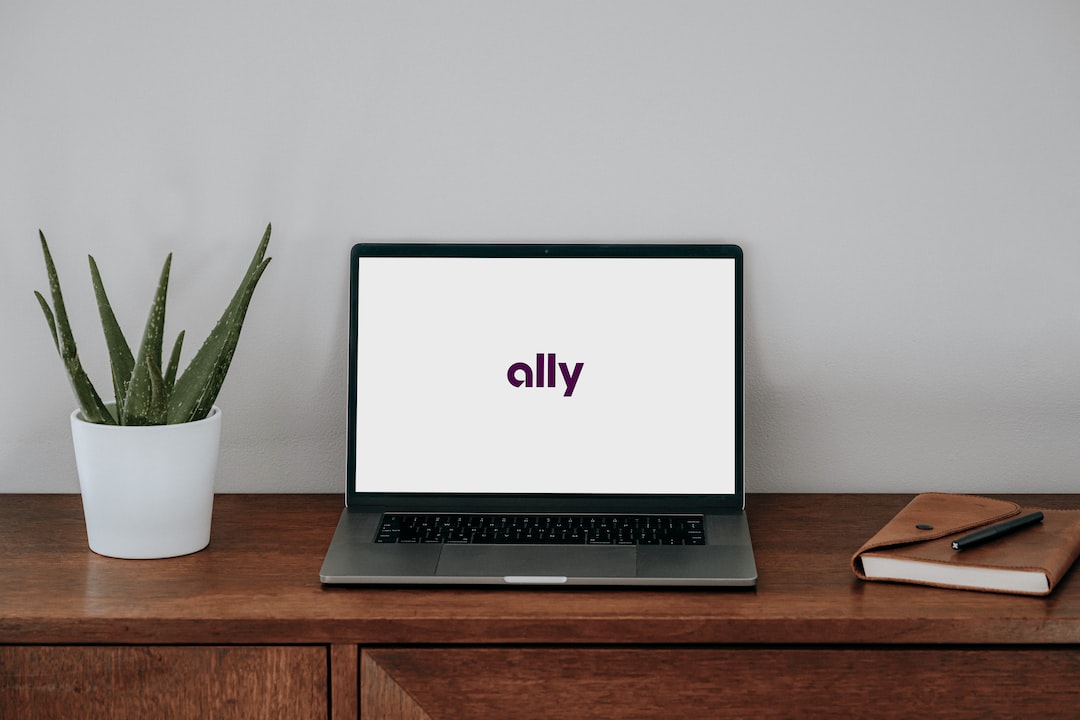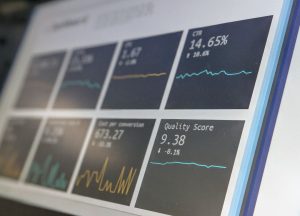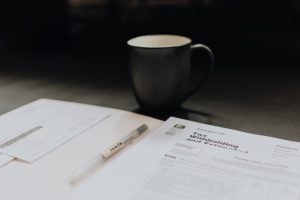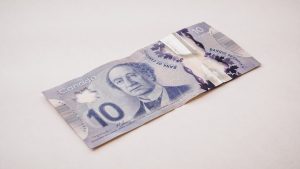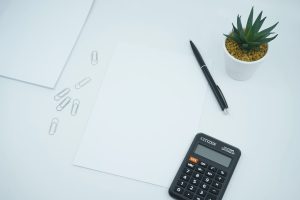Forex trading, also known as foreign exchange trading, is the buying and selling of currencies. It is the world’s largest financial market, with an average daily trading volume of $5.3 trillion. Forex trading offers a lot of benefits, including high liquidity, low transaction costs, and the ability to trade 24 hours a day, five days a week. In Nigeria, forex trading is becoming increasingly popular, and many people are interested in investing in this market. In this article, we will explain how to invest in forex trade in Nigeria.
1. Understand the basics of forex trading
Before investing in forex trading, it is important to understand the basics of how the market works. Forex trading involves buying one currency and selling another currency at the same time. The value of a currency is determined by its supply and demand in the market. The exchange rate between two currencies is determined by many factors, including economic data, geopolitical events, and market sentiment.
2. Choose a reputable forex broker
To start trading forex, you need to choose a reputable forex broker. A forex broker is a company that provides a trading platform for you to buy and sell currencies. There are many forex brokers in Nigeria, but not all of them are reputable. You should choose a broker that is regulated by a reputable financial authority, such as the Securities and Exchange Commission (SEC) or the Central Bank of Nigeria (CBN). You should also choose a broker that offers a user-friendly trading platform and competitive spreads.
3. Open a trading account
Once you have chosen a forex broker, you need to open a trading account. The process of opening a trading account varies from broker to broker, but it usually involves filling out an online application form and providing some personal information. You may also need to provide some identification documents, such as a passport or a driver’s license. Most forex brokers offer several types of trading accounts, including demo accounts and live accounts. A demo account allows you to practice trading with virtual money, while a live account allows you to trade with real money.
4. Fund your trading account
After opening a trading account, you need to fund it. Most forex brokers offer several payment options, including bank transfer, credit card, and electronic payment systems. You should choose a payment method that is convenient and secure. The minimum deposit required to open a trading account varies from broker to broker, but it is usually around $100.
5. Start trading
Once you have funded your trading account, you can start trading. Forex trading involves buying and selling currencies based on your analysis of the market. You can use technical analysis, fundamental analysis, or a combination of both to make trading decisions. It is important to have a trading plan and to stick to it. You should also manage your risk by using stop-loss orders and by not risking more than 2% of your trading account on any single trade.
6. Monitor your trades
After you have opened a trade, you need to monitor it. You should keep an eye on the market and be ready to close your trade if the market moves against you. You should also take profits if the market moves in your favor. Forex trading requires discipline and patience, and it is important to stay focused and avoid emotional trading.
Conclusion
Forex trading offers a lot of opportunities for investors in Nigeria. However, it is important to understand the basics of forex trading, choose a reputable forex broker, open a trading account, fund your account, start trading, and monitor your trades. Forex trading requires discipline and patience, and it is important to manage your risk and stick to your trading plan. With the right skills and knowledge, forex trading can be a profitable investment for investors in Nigeria.

